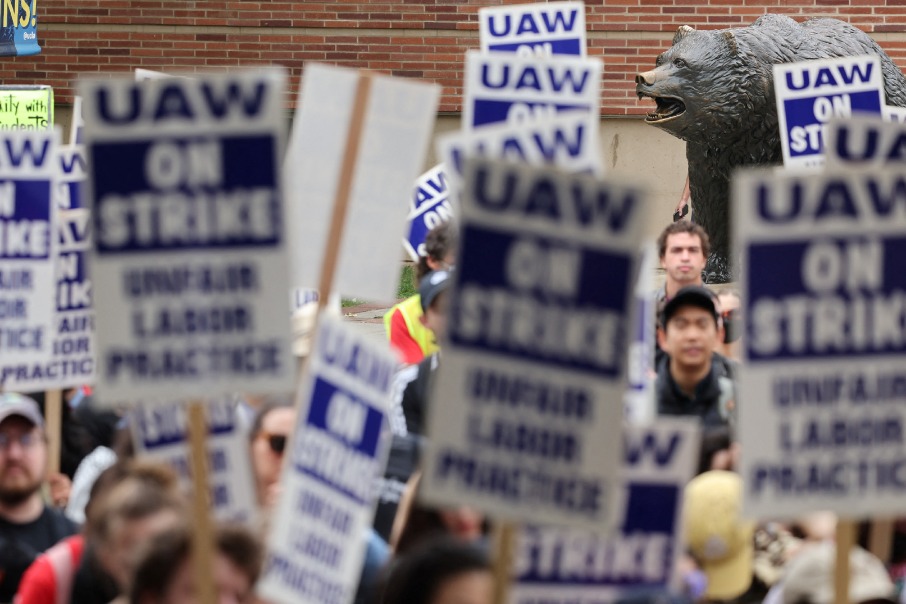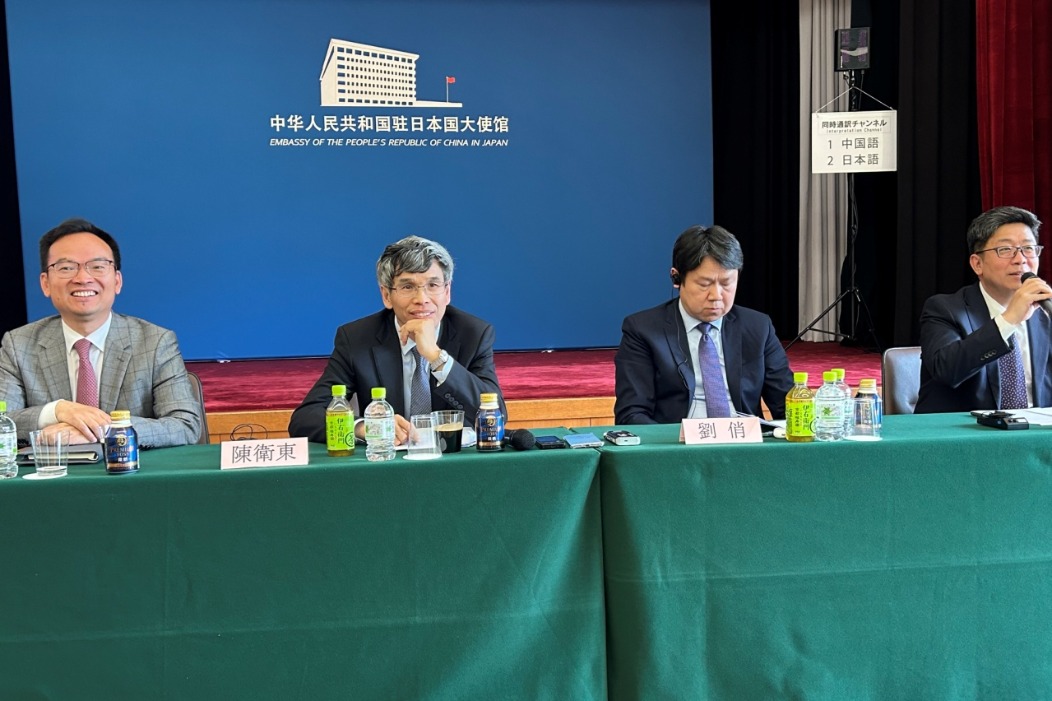Simple meals transform lives in remote areas


In a remote town, a simple meal served on a kindergarten canteen table serves as the perfect picture of a program that has helped lift a boy and his grandfather -- as well as tens of thousands of other locals -- from poverty and hunger.
The boy, Tian Zhiping, lives with his grandfather in Dianfang county of the Xiangxi Tujia and Miao autonomous prefecture in Central China's Hunan province. His parents left town to find work in the city.
The town is so remote that it is difficult and costly for schools there to obtain fresh produce from large food suppliers. Local schools instead need to purchase packaged food.
"Local schools often used to rely on starch sausage as meat and probiotic drinks as milk, but this failed to meet children's nutritional needs," a representative of the Maoba village kindergarten said.
Things changed in 2018, when the WFP China office, with local governments, set up the Preschool Nutrition Improvement Programme in Xiangxi, encouraging smallholder farmers to play a role in providing school meals.
The boy's grandfather, Tian Qingxiang, became one of 139 farmers chosen to supply vegetables to local schools. The program provided him with fruit and vegetable seeds and organic fertilizers worth 500 yuan ($70) a year.
"From me, my children get in-season, fresh, safe and healthy food that has been grown in an environmentally friendly way, without the use of pesticides," Tian said.
Tian junior can now enjoy these highly nutritious meals and the boy's school fees have been waived, giving him extra incentive to attend classes. With the money made from selling his crops, farmer Tian's income has risen by about 6,000 yuan a year.
Over the past six years, about 8,000 children in the Guangxi Zhuang autonomous region and Hunan, Gansu and Sichuan provinces have benefited from similar programs.
These programs, in line with China's National Nutrition Plan (2017-30) and Healthy China 2030, aim to improve the nutrition and all-round development of rural children, with the ultimate objective of eradicating poverty and revitalizing rural areas.



































